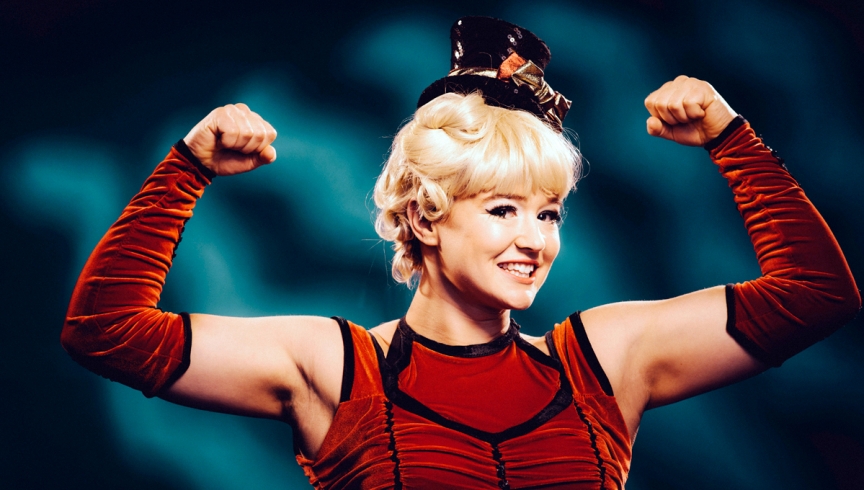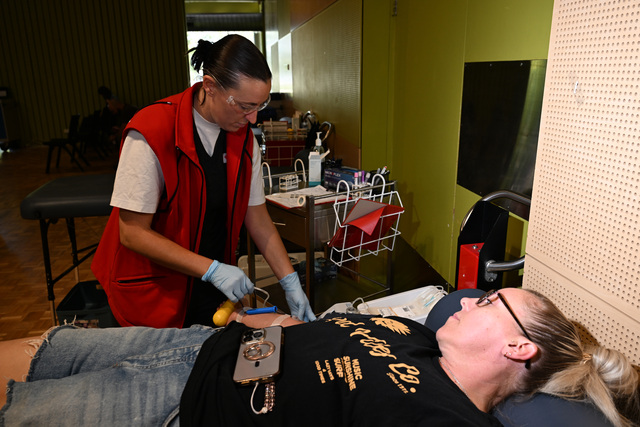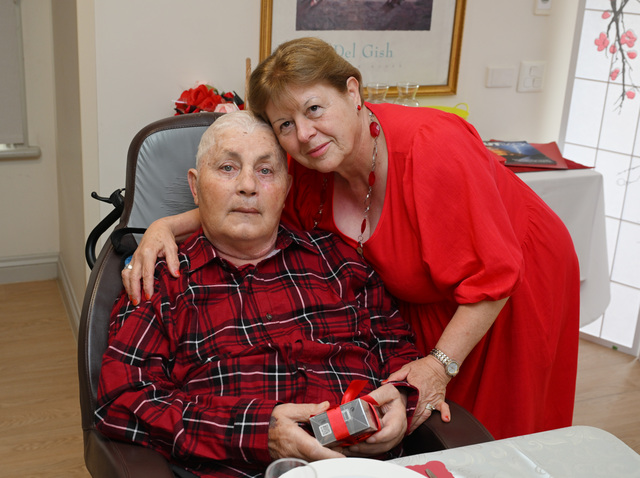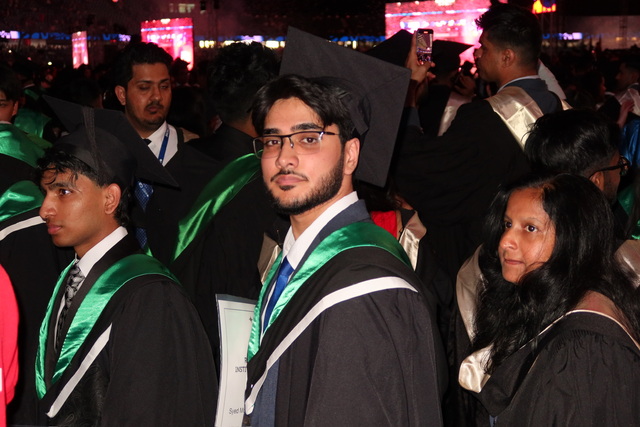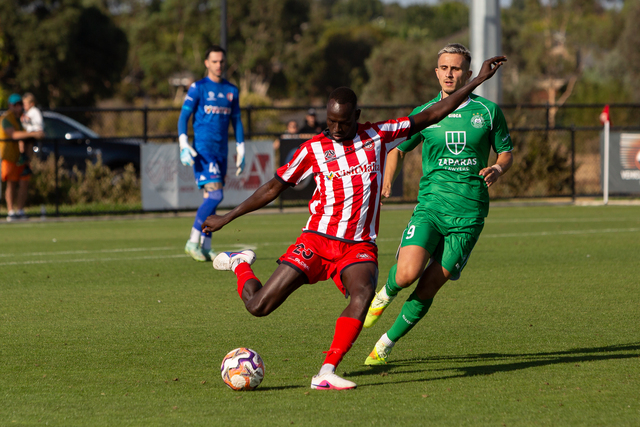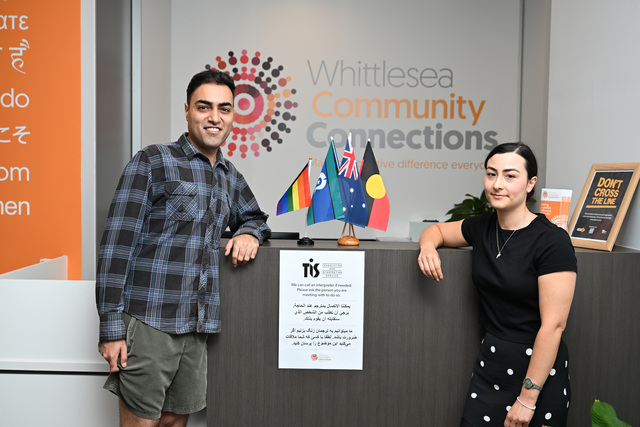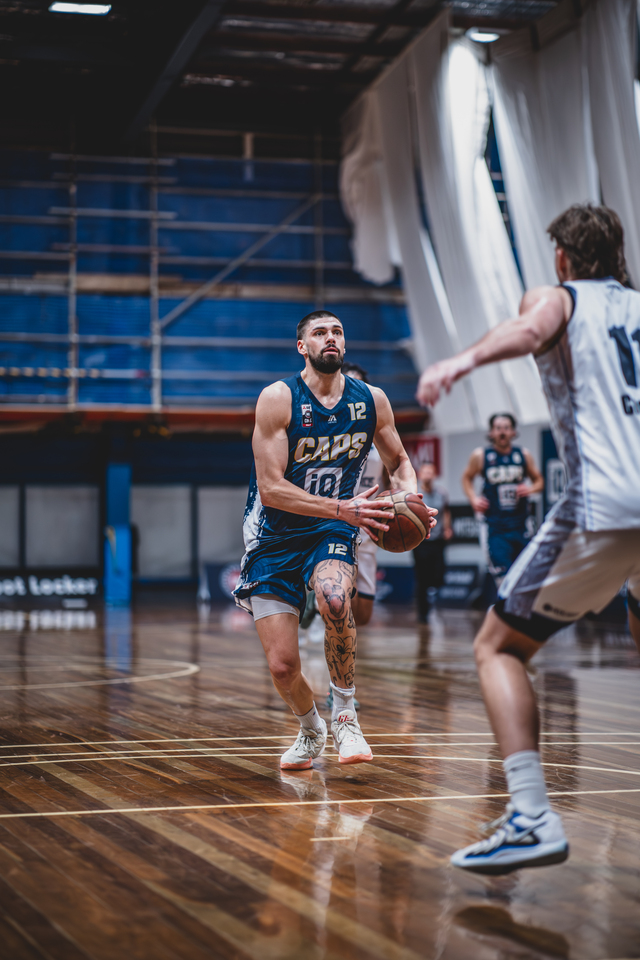It’s Friday afternoon in Collingwood and the circus is in town. Actually, it would probably be more accurate to say the circus is here to stay – this is where Circus Oz has its new headquarters, having moved from Port Melbourne earlier this year.
The $18 million base has workshop space, room for the costume department, and is decorated with three decades worth of Circus Oz memorabilia. There are two rehearsal spaces, allowing for more community classes, and the main space is large enough to simulate a big top. This means that as you walk around the upper levels, you’re at the same level as people scurrying about metal gantries and rigging a long way off the floor, which is more exciting than disconcerting.
Downstairs, in the second practice room, rehearsals for this year’s show
But Wait … There’s More are under way. The performers are horsing around with all sorts of apparatus, superhuman feats of gymnastics performed against the backdrop of lessons in whip-cracking. The show is based on the concept of infobesity, the overabundance of information and speed and choices that characterise life today.
Circus Oz’s 12-person ensembles have a long-standing six-man, six-woman policy.
The Weekly Review is here to speak to three of the women, all of whom bring extraordinary strengths to their roles. In their distinct way, each can lay claim to the title of circus strongwoman, but it becomes apparent that when it comes to life with the circus, strength from within is as important as strength from without.
Candy Bowers
It’s easy to spot Candy Bowers – she’s the one messing around with the whip. It takes only a couple of tries before she’s merrily cracking it, having added another entry to her eclectic résumé.
Circus Oz performers are traditionally multiskilled, but Bowers takes that to new levels. She’s an actor, a comic and a theatremaker, to name but a few – and she’s also a tireless activist for cultural diversity in Australia’s arts scene.
“As a migrant Australian, a person of colour, we all struggle with that concept of what Australia is,” Bowers says. “I was really interested in how our major state theatre companies and organisations define what it is to be Australian. I’m obviously biased, but the best form of cultural leadership is to be performing from the stage.
“This is how you shift culture. You could do something smaller or less public, but for me a lot of that driving force is the huge exposure.”
Bowers is nominally the ringmaster in the show, but she’s also another performer, collaborating as an actor or vocalist with those who have aerial or acrobatic skills.
“I’m really interested in how the media impacts on people’s self-esteem and constructs everything from human connection to love to our concept of our bodies,” she says of her part.
For someone who was once told she would never play Ophelia, finding out that the circus could accommodate and celebrate her skill set was undoubtedly rewarding.
“Yeah! Everybody fits into the circus,” she says. “Again, there’s a lot of critical theory about body image and beauty, but what I find in Australia is that because we struggle with diversity and placing anyone of colour or of difference [at the] centre, we’ve got one concept of beauty – the sort you find on Home and Away.”
In the circus, she says, what someone can do definitely counts for more than how they look. “I definitely like that about Circus Oz, this need to have really strong female voices and bodies alongside the fellas.”
Mel Fyfe
Mel Fyfe’s career as a strongwoman started in a somewhat incongruous area. She had been a performer her whole life, doing acrobatics from the age of three and going on to dance in stage shows in Japan and Korea.
“I got out of the dance industry because I didn’t like having to conform to what people’s expectations were of me. Wearing the same costume as the person next to me – I couldn’t stand it. I needed more, I wanted to be myself,” Fyfe says.
Circus Oz, where Fyfe was a strongwoman from 1998 to 2010, was the place to do that. Her repertoire included having concrete slabs broken on her stomach (with a sledgehammer, of course), being the base of a five-person human pyramid, and being sandwiched between two beds of nails while someone tap-danced on top.
“It’s not just about lifting heavy weights. To me a strongwoman is someone who will just do anything you choose. Gender just doesn’t come into it,” she says.
This wasn’t easy at the outset; she recalls people viewing her sceptically or challenging her to prove her strength. At Circus Oz, it was quite the opposite.
“No one ever said to me, ‘Are you sure you want to try that?’ or ‘Are you sure you have the strength for that?’ You don’t question someone’s gender or their ability in anything,” Fyfe says. “From back in the day, when Circus Oz first started, the women were doing everything. The mechanic who followed them around was a woman, the electrician was a woman – the history of Circus Oz is that gender doesn’t matter.”
Fyfe is now the organisation’s operations and tour manager, which means taking care of logistics for touring and for big-top seasons, looking after injuries and health, and being there for the ensemble when they need support of any variety.
“There’s still some strongwoman stuff going on there. I’m chasing them around and flexing my biceps,” she says. “I’m making sure morale is high, making sure there are no injuries – just being the mother for 20 people! It can get a bit stir crazy as well, because they’re in such a bubble … sometimes you end up doing things for them that you wouldn’t do for your own child.”
This sort of progression into an administrative role isn’t common in the circus and Fyfe feels lucky to have the chance in an organisation that means so much to her.
“I miss it a lot,” Fyfe says of performing. “But I do really enjoy my job now, and I don’t think I would be good at my job now if I didn’t have that performance background.”
Spenser Inwood
Spenser Inwood was a seven-year-old in Canberra when her parents bought a business in Albury-Wodonga. Inwood, who had just made her first group of school friends, was less than impressed at having to move.
“I was going to tell my best friend that my mum had died in a car accident so I had to move in with her,” she recalls, laughing. “When I told my mum, she said, ‘Well, if you come with us, you can join the circus’.”
Mollified, Inwood attended the Flying Fruit Fly Circus School, which provided circus training in addition to the usual school work.
Now 25, she has spent the past 17 years involved in the circus in some capacity, joining Circus Oz for last year’s show.
Her skills include the flying and static trapeze, Chinese pole and assorted acrobatics.
For this year’s show, she has the strongwoman role – but in typical Circus Oz style, it’s an atypical take.
“My solo act is a look at the showgirl in her downtime and how life can sometimes overtake us and be so full on and stressful that it becomes fatiguing,” she says.
“It’s looking at that over-manic, fast-paced world where there’s no time to relax.”
Inwood wrote her role based on her real-life struggle with chronic fatigue syndrome. For someone so used to being active, being reduced to 5 per cent of her normal activity was as heartbreaking as it was frustrating.
It took years for her to recover physically and mentally enough to train properly. Even now she must manage the condition, sleeping between nine and 12 hours a night to recover from and prepare for exertions under the big top. It’s testament to an unusual strength.
“Being a strongwoman for me isn’t necessarily about being a six-foot, Amazonian kind of woman the way they used to be,” she says. “I think a strongwoman is someone who’s actually emotionally and physically capable.”
Inwood says the six-men, six-women policy underlines the cross-societal appeal of Circus Oz. “It means people from different demographics … come to a show where there are six very different-looking women on stage, who are all incredibly strong and capable in multiple areas rather than just being physically brawny,” she says.
“No matter who you are, or what size and shape you are, you’re going to recognise someone on stage and have an affiliation with what they’re performing. I think that’s really important for audience connection as well as getting the message across that no matter who you are, you can do whatever you want to do.”

